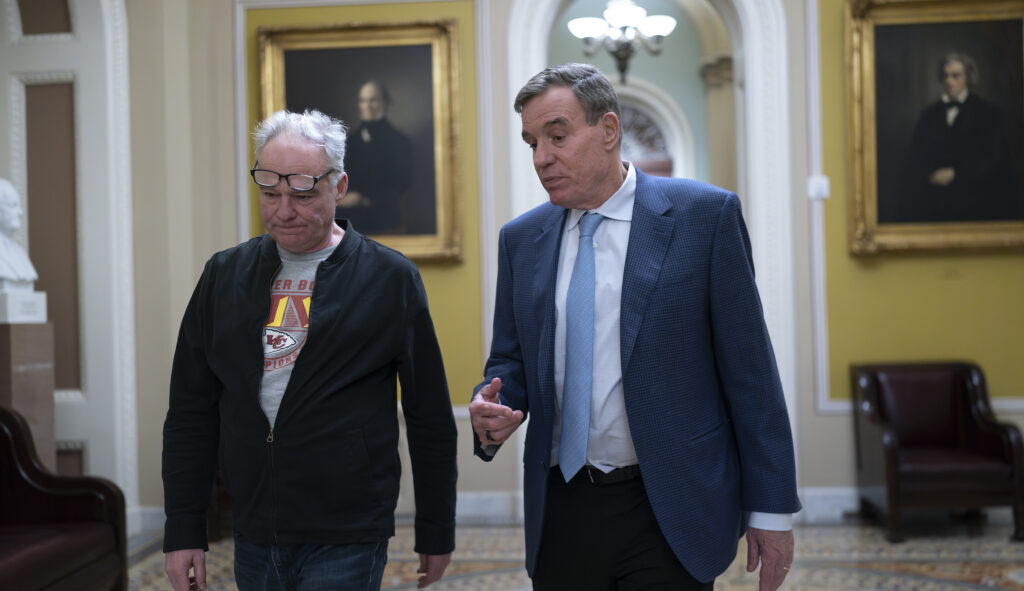
The Senate passed a major aviation bill on Thursday, marking an end to a monthslong fight over whether to add more flights to the nation’s busiest runway.
Last month, negotiators in both chambers unveiled a compromise bill that would reauthorize the Federal Aviation Administration for another five years, but a provision to add 10 slots at Reagan National Airport prompted outrage from Washington, D.C.-area senators, who warned the flights would cause delays and a risk to public safety.
The four senators, from Maryland and Virginia, held up passage for days, demanding a vote to strip out the slots, but they ultimately relented with a Friday deadline approaching for the current law to expire.
The measure passed in a 88-4 vote.
The House departed for the week on Wednesday, meaning the soonest it can get through Congress and to President Joe Biden’s desk is Tuesday, but the lower chamber passed a one-week extension to avoid a temporary lapse before it left.
That extension, subject to separate objections from senators, must be considered on its own and has yet to pass the upper chamber.

The fight over DCA slots was not the only holdup on the FAA bill. Negotiators tweaked the legislation at the last minute to resolve a dispute over the Biden administration’s airline refund policy.
Meanwhile, senators saw the reauthorization, one of the final must-pass bills of the current Congress, as a chance to attach unrelated provisions. More than a hundred amendments were filed, but none were ultimately granted a vote.
CLICK HERE TO READ MORE FROM THE WASHINGTON EXAMINER
The Senate operates by unanimous consent, so any one senator could have dragged the process out further. As recently as Thursday afternoon, members from Maryland and Virginia were promising to use every “procedural right” they had to force a vote on the flights.
But they agreed to drop their holds with a simple gesture from Senate Majority Leader Chuck Schumer (D-NY). He brought forward a compromise amendment that would have allowed the flights if the transportation secretary certifies they do not pose a safety hazard, but Sen. Ted Cruz (R-TX), the top Republican on the Commerce Committee, objected from the Senate floor, in effect killing the vote.






